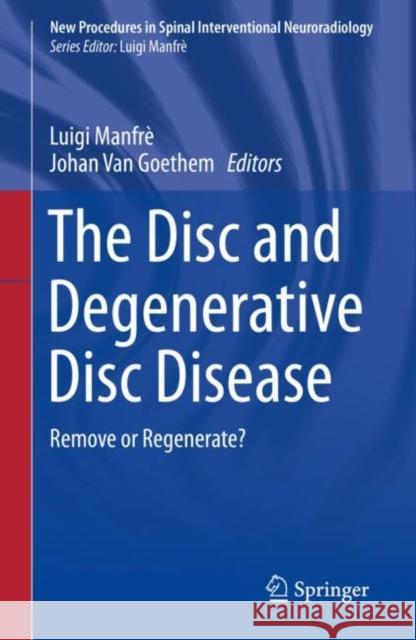The Disc and Degenerative Disc Disease: Remove or Regenerate? » książka
topmenu
The Disc and Degenerative Disc Disease: Remove or Regenerate?
ISBN-13: 9783030037147 / Angielski / Miękka / 2021 / 326 str.
Kategorie BISAC:
Wydawca:
Springer
Seria wydawnicza:
Język:
Angielski
ISBN-13:
9783030037147
Rok wydania:
2021
Wydanie:
2020
Ilość stron:
326
Waga:
0.45 kg
Wymiary:
23.11 x 19.56 x 1.27
Oprawa:
Miękka
Wolumenów:
01











